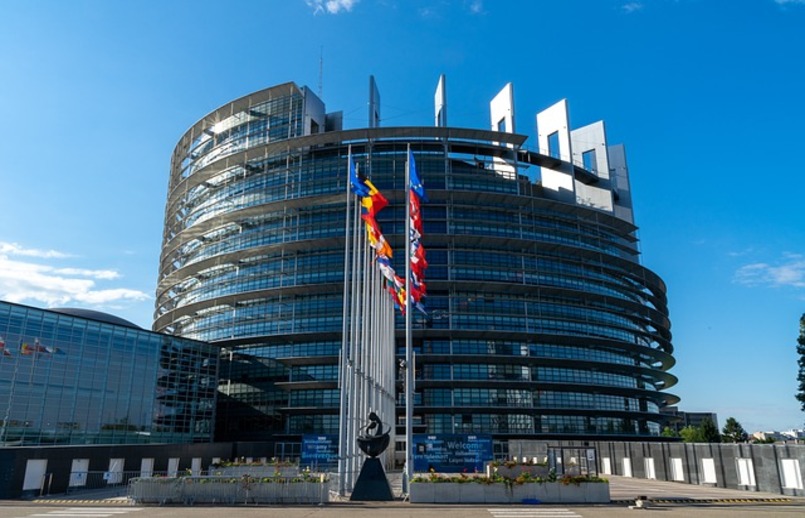The Single Market emerged during a time when both the EU and the global landscape were smaller, simpler, and less interconnected, with many of today’s key actors not yet in play. Enrico Letta’s report titled Much More than a Market thoroughly explores the future of the Single Market, which has faced significant challenges and crises testing its resilience.
At its essence, the Single Market reflects the collective aspirations of its citizens, who form its foundational structure. Voting, a fundamental aspect of democratic engagement, allows citizens to express their preferences. The upcoming European elections from June 6 to 9 will provide crucial insights into the public’s vision for the future, guiding both strategic direction and the recommendations outlined in this report. At this pivotal moment, the European Parliament bears a significant responsibility to lead the development and implementation of a robust new framework for the Single Market, ensuring it aligns with democratic principles and adapts to the evolving needs of its people.
To enhance this process, establishing a Permanent Citizens’ Conference would be beneficial in informing and supporting the follow-up to this report. The Conference on the Future of Europe has underscored citizens’ desire for greater involvement in shaping European public policies. One proposal from the Conference’s Plenary suggested hosting periodic Citizen Assemblies, a concept endorsed by the Presidency of the European Commission through the initiation of European Citizens’ Panels. These panels are poised to become an integral aspect of European governance, contributing to the strengthening of democracies. The Citizens’ Conference could collaborate with the three main EU institutions to generate recommendations on implementing the report, offering a broader and more grounded perspective.
Dr. Letta highlights that the European Union’s economic strength relies significantly on its vast number of small and medium-sized enterprises, which constitute a majority of its workforce and contribute significantly to its value-added. Employing approximately two-thirds of the EU workforce and accounting for a bit more than half of its value-added, they play a vital role in every economic sector. SMEs are catalysts for innovation, tackling pressing issues like climate change, resource efficiency, and social cohesion, spreading their solutions throughout Europe. Deeply embedded in Europe’s socio-economic fabric, they create two-thirds of all jobs, offer training opportunities across regions and skill levels (including those traditionally underserved), and contribute to societal well-being, particularly in remote areas. The connection between SMEs and the lives of European citizens is undeniable – as mentioned in the European Commission’s SME Strategy for a sustainable and digital Europe “every European citizen knows someone who is an entrepreneur or works for one”. Despite their crucial role in every sector, SMEs face numerous barriers hindering their access to the Single Market’s opportunities. These barriers include regulatory complexities, compliance costs, and differences in national regulations, which disproportionately affect SMEs compared to larger corporations. As a result, many SMEs perceive the Single Market as burdensome rather than beneficial.
To address these challenges, there’s a call for the establishment of a European Code of Business Law, aiming to simplify regulatory processes and provide SMEs with a unified framework to operate within the Single Market. This code would streamline existing laws and introduce new European instruments tailored to the needs of European enterprises. Additionally, efforts are needed to accelerate integration in the Single Market for services, where persistent barriers hinder cross-border trade. Specific attention is required to address sector-specific challenges and political resistance, ensuring a more unified and dynamic Single Market for both goods and services.
Indeed, if the Single Market remains and must remain at the heart of European Union integration, meaningful reform and progress cannot occur without the active participation and genuine involvement of European citizens. Read the whole report here.
Source: INSME Secretariat



